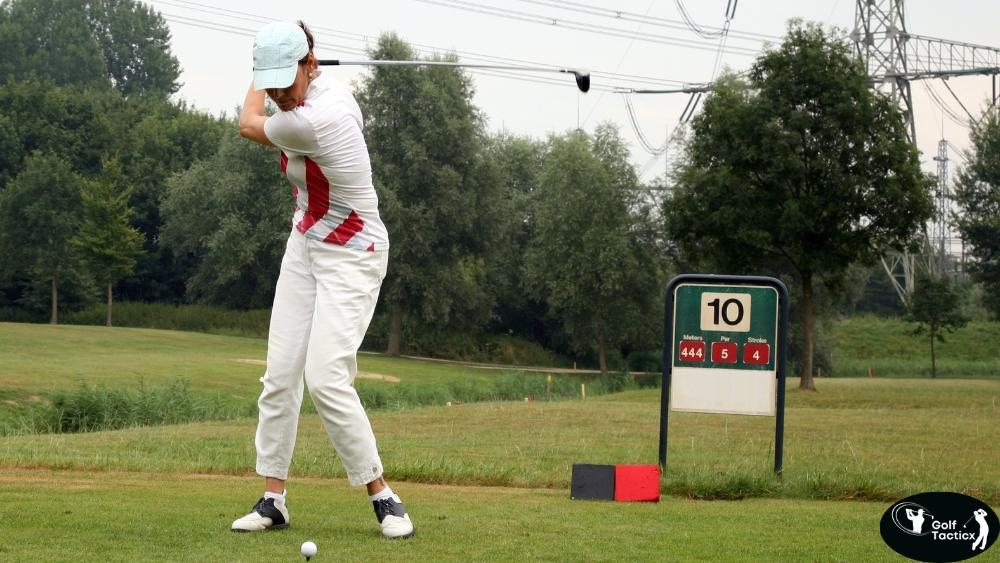In our previous post, we discussed how to stay focused and confident on the course. Today, we’ll tackle a common challenge every golfer faces: recovering mentally after a bad hole. It’s natural to feel frustrated, but with the right mindset and strategies, you can bounce back stronger than before.
Understanding the Impact of a Bad Hole
A bad hole can feel like a setback, but it’s important to remember that golf is a game of ups and downs. Even professional golfers experience tough moments. For instance, Rory McIlroy faced a disappointing finish at the U.S. Open but is now focusing on his next opportunity to secure a major title.
Acknowledge Your Emotions
It’s okay to feel upset after a bad hole. Recognizing your emotions is the first step toward managing them. Allow yourself a moment to process, but don’t dwell on it. Remember, one bad hole doesn’t define your entire game.
Reset Your Mindset
Adopting a ritual of resetting can be highly effective. This could be as simple as taking a deep breath, adjusting your glove, or tapping your club. This act serves as a psychological cue to let go of past mistakes and refocus on the present shot.
Focus on the Process, Not the Outcome
Instead of fixating on the score, concentrate on the process of your next shot. By focusing on your pre-shot routine and the steps leading up to the shot, you can shift your mind from dwelling on the bad hole and lock in on executing the next shot with intentionality.
Practice Positive Self-Talk
After a bad hole, it’s easy to be self-critical. However, negative self-talk can hinder your performance. Instead, remind yourself of your strengths and past successes. Cultivating a mindset rooted in optimism and self-belief will help you regain the mental resilience needed to tackle the remainder of your round with renewed determination.
Learn from the Experience
Reflect on the bad hole to understand what went wrong. Was it a technical issue, a lapse in concentration, or external factors like weather? Identifying the cause can help you address it and prevent similar mistakes in the future.
Stay Present
Avoid letting your mind wander to future holes or past mistakes. Staying present allows you to focus on the task at hand and perform to the best of your ability.
Commit to the Next Shot
Once you’ve processed the bad hole, commit fully to your next shot. Trust your preparation and focus on executing your plan. This commitment can help you regain confidence and momentum.
Play Conservatively
After a bad hole, it might be tempting to play aggressively to make up for lost strokes. However, this can lead to more mistakes. Instead, consider playing more conservatively to rebuild your confidence.
Seek Support
Talking to fellow golfers or a coach can provide valuable perspectives and encouragement. Sharing experiences and learning from others can help you cope with setbacks and improve your mental game.
Practice Regularly
Consistent practice, both physical and mental, is key to improvement. Incorporate mental training into your regular practice sessions to build resilience and confidence.
Conclusion
Recovering Mentally After a Bad Hole is all about mindset and strategy. By implementing these techniques, you can maintain your composure and continue to perform at your best. Remember, every round is a learning experience, and setbacks are just opportunities to grow.
In our next post, we will discuss overcoming first-tee nerves and how mastering this mental challenge can significantly improve your golf game.
















Leave a Reply